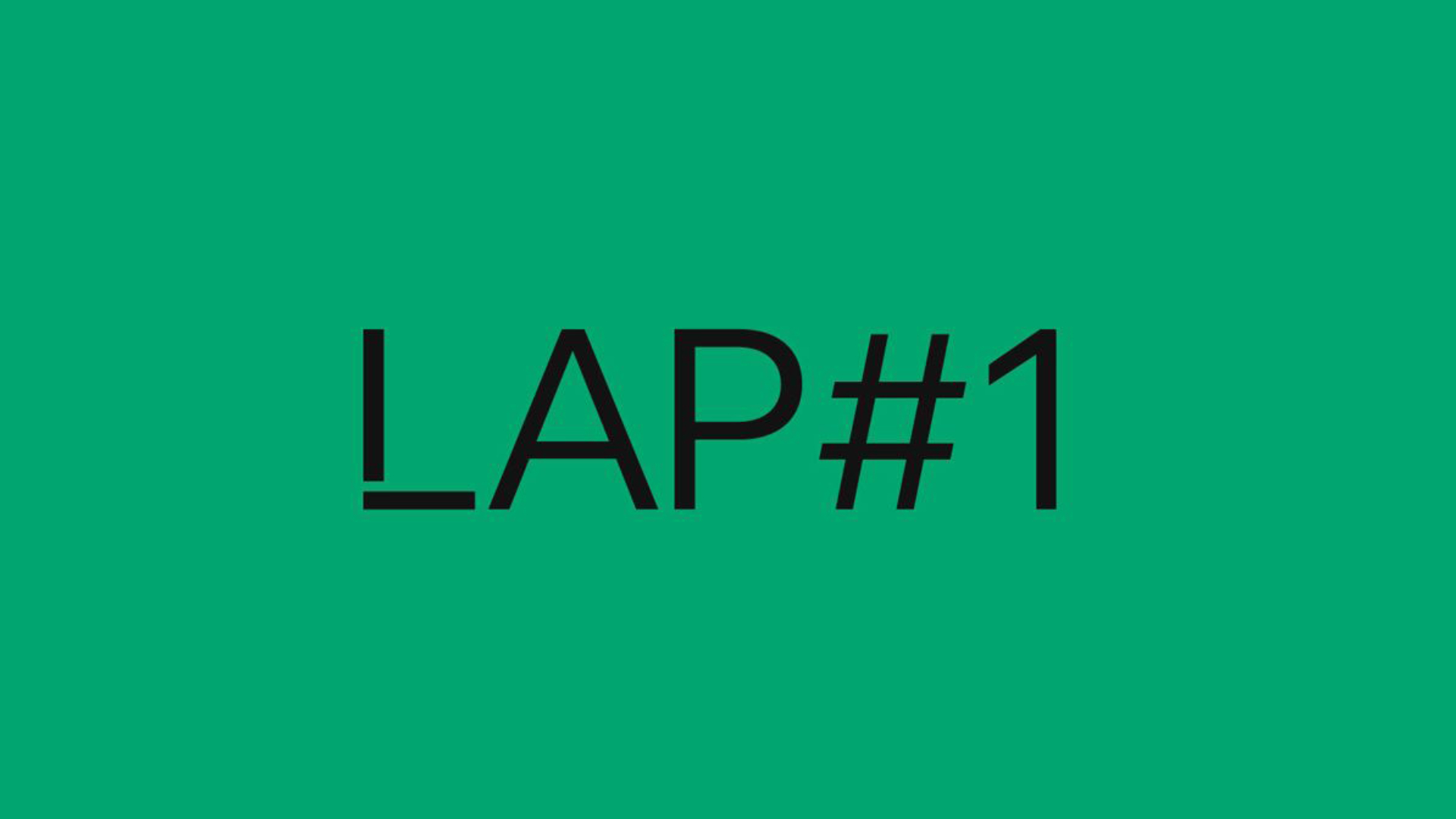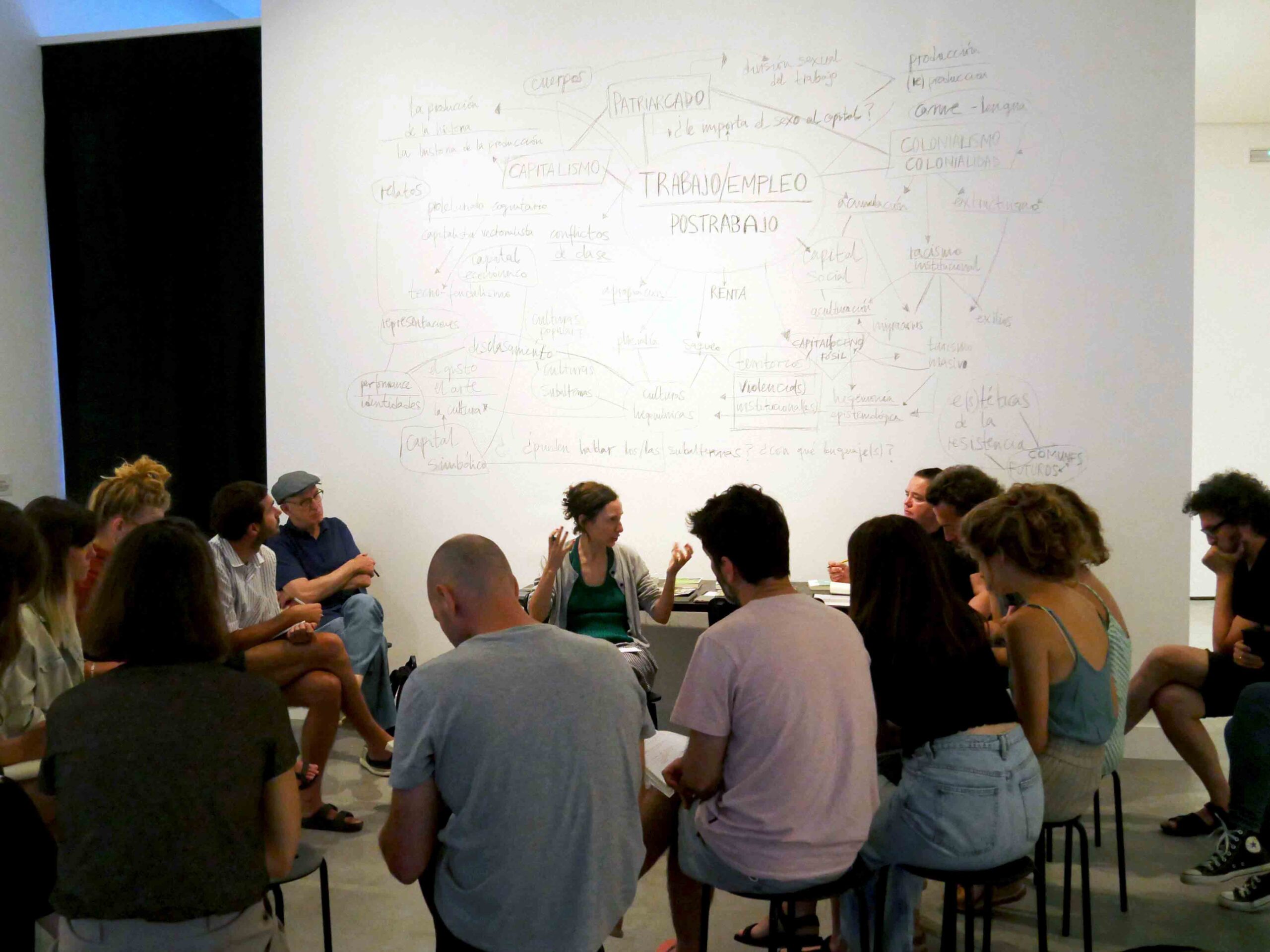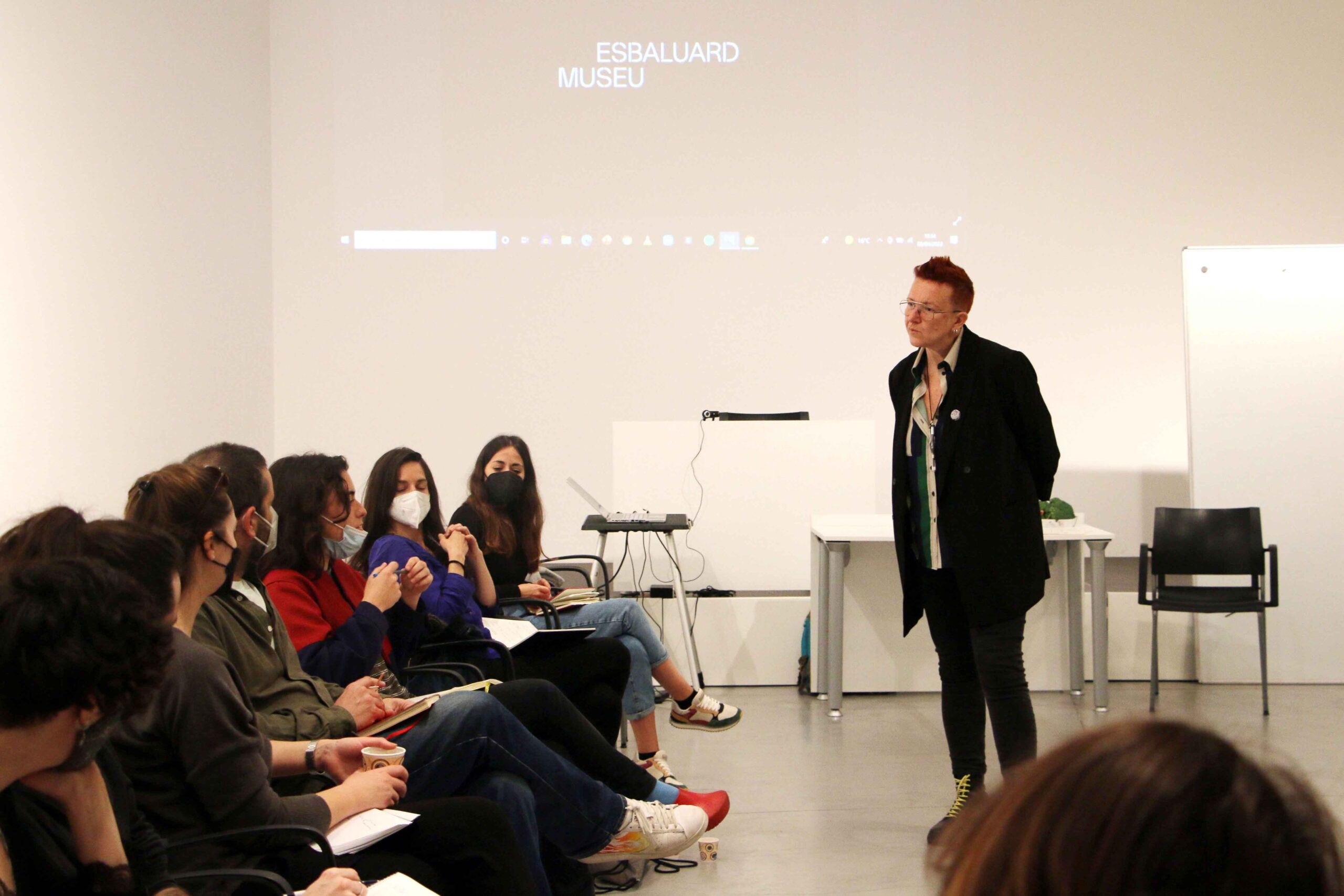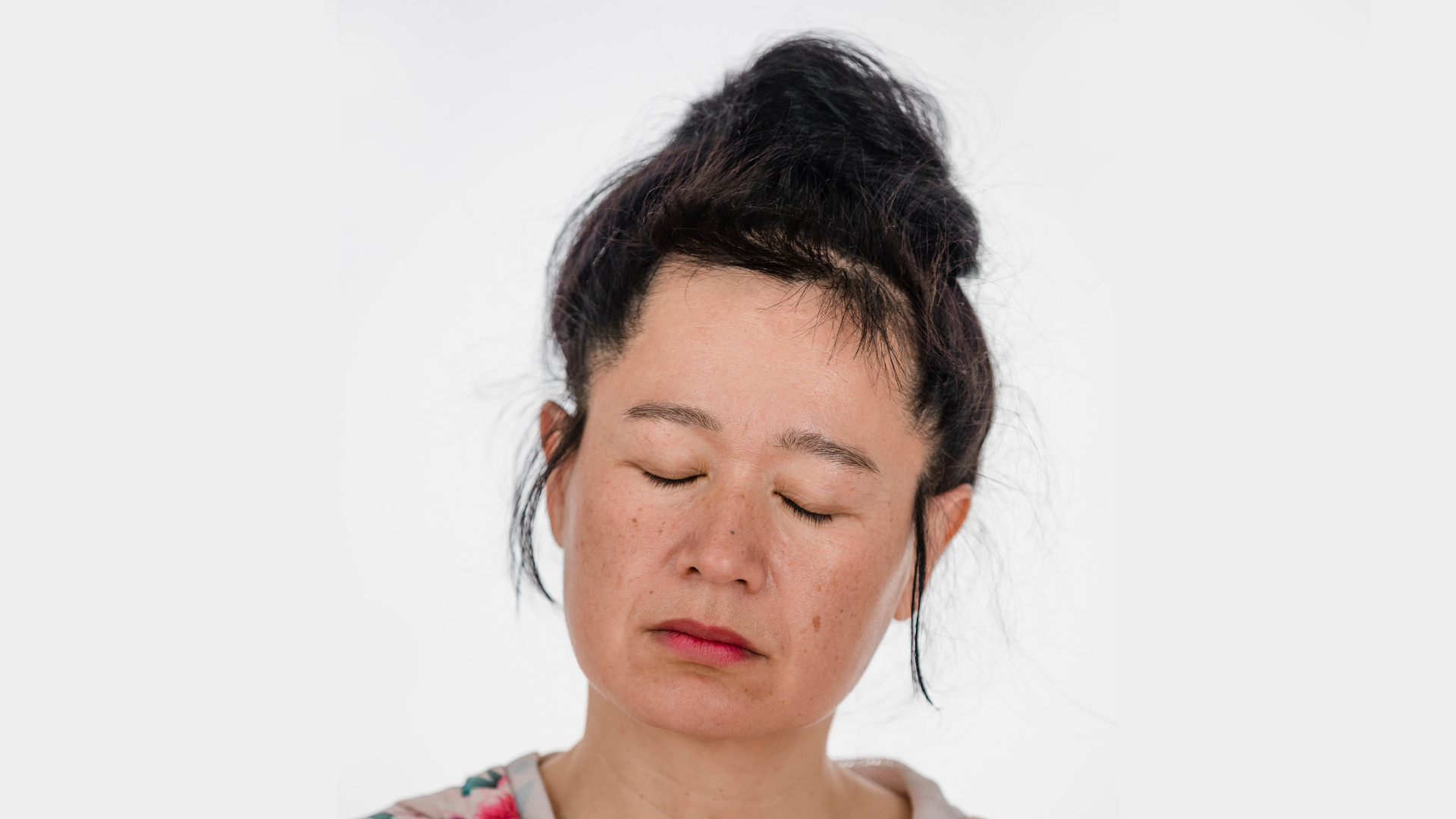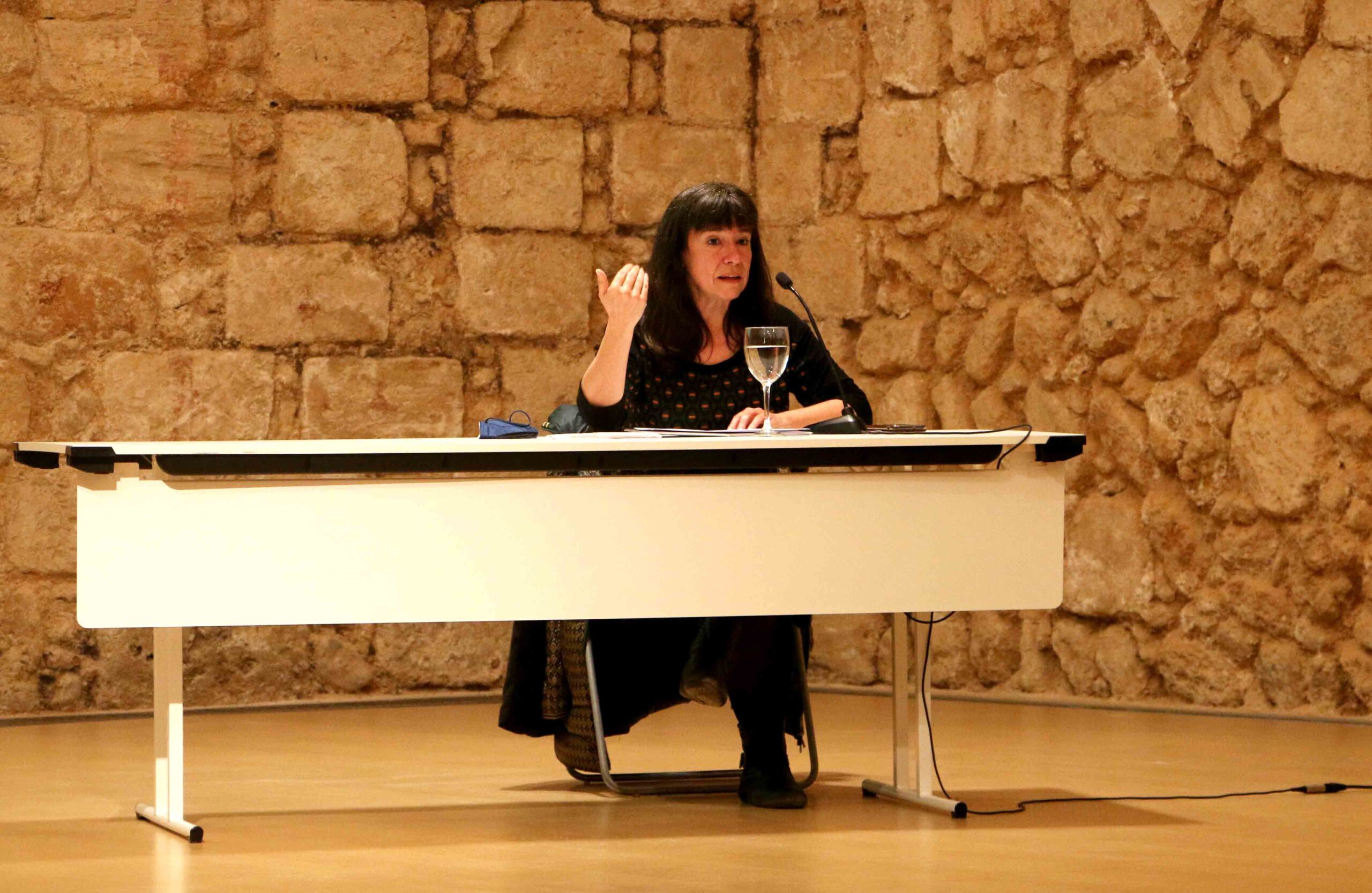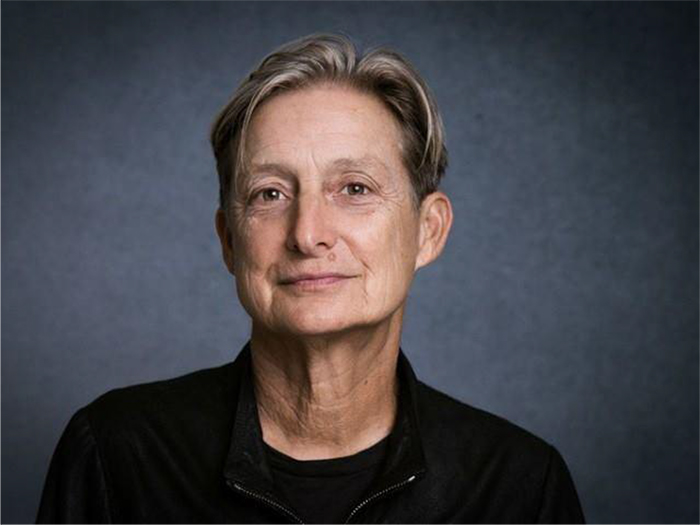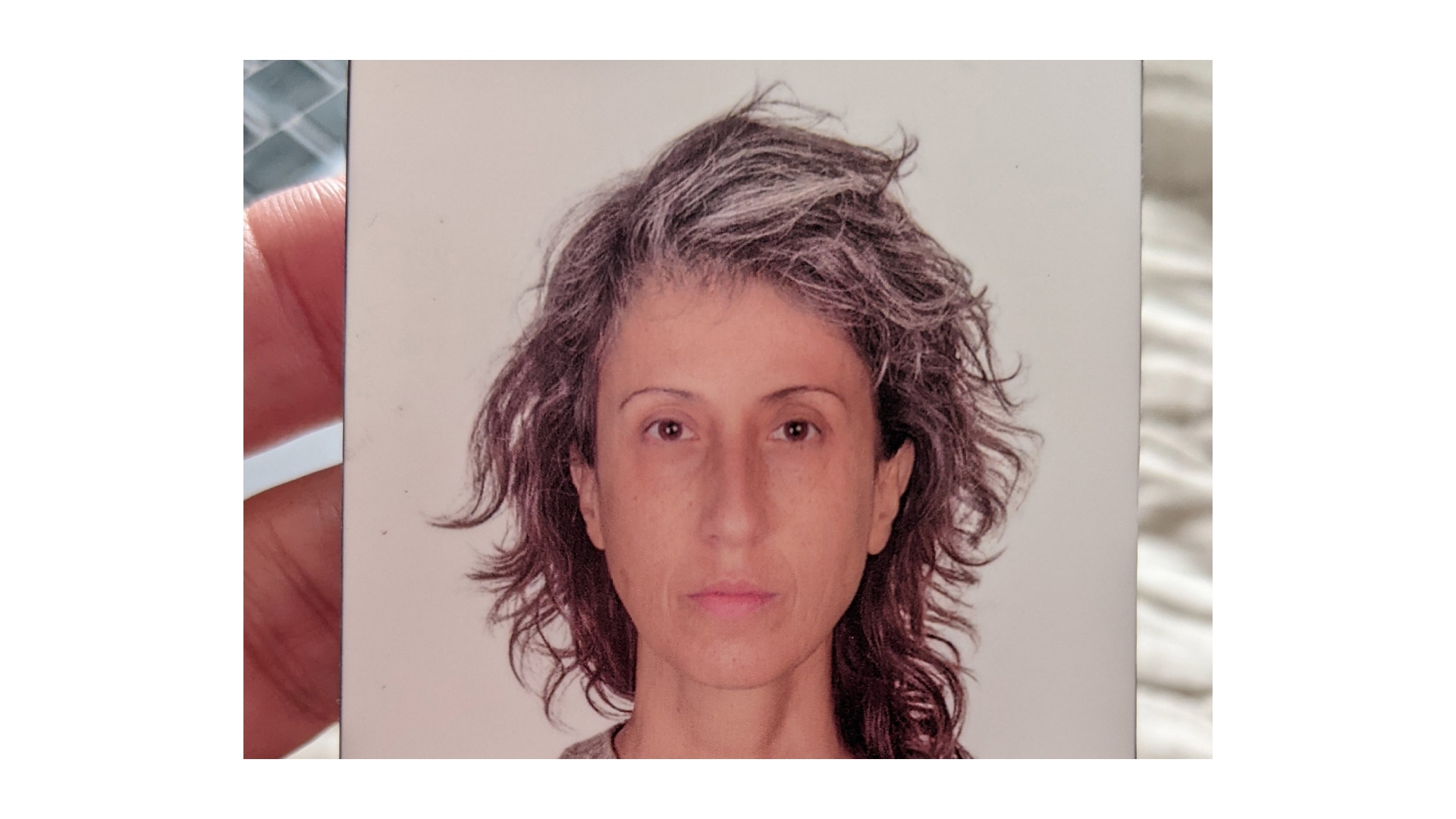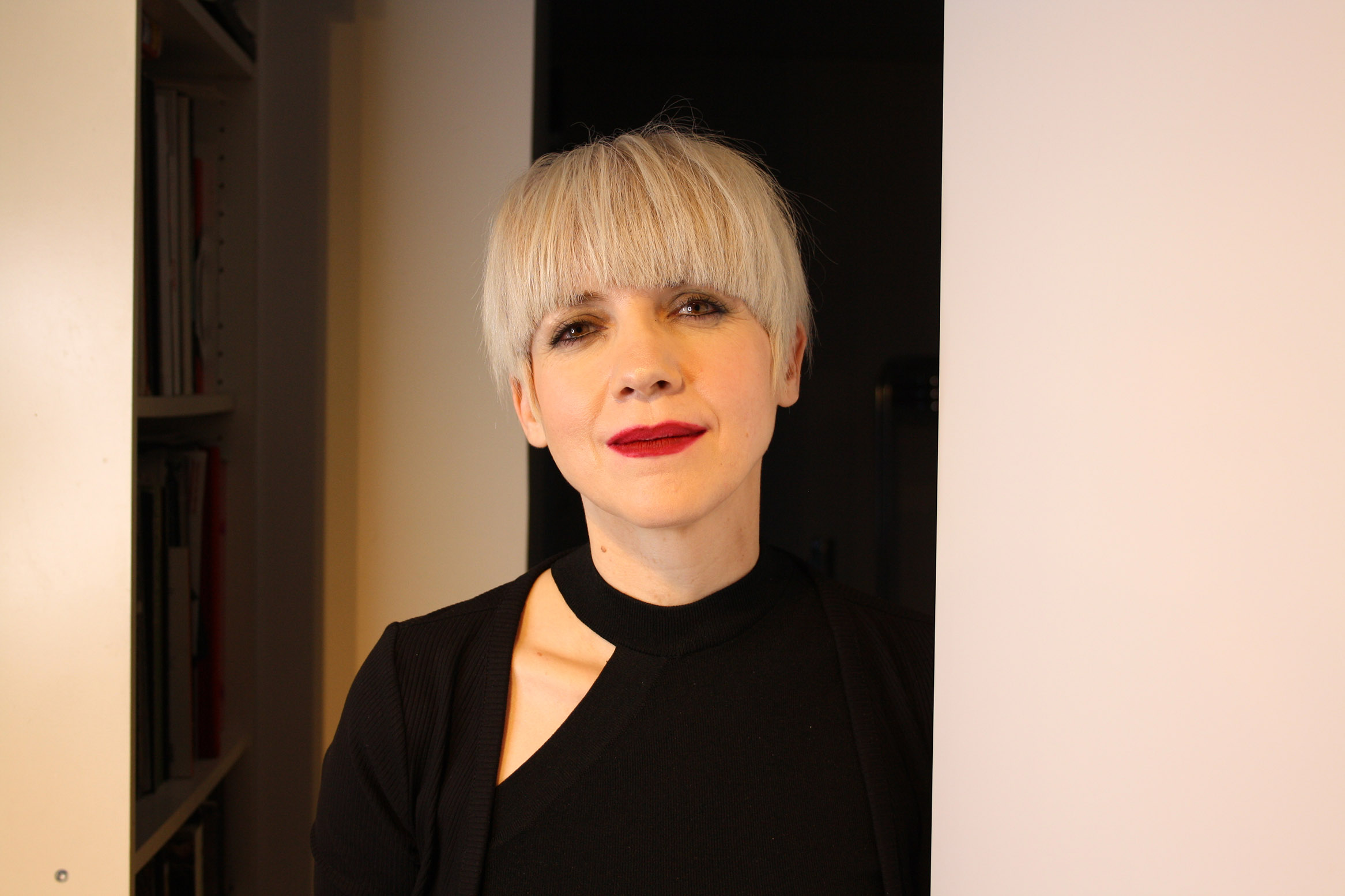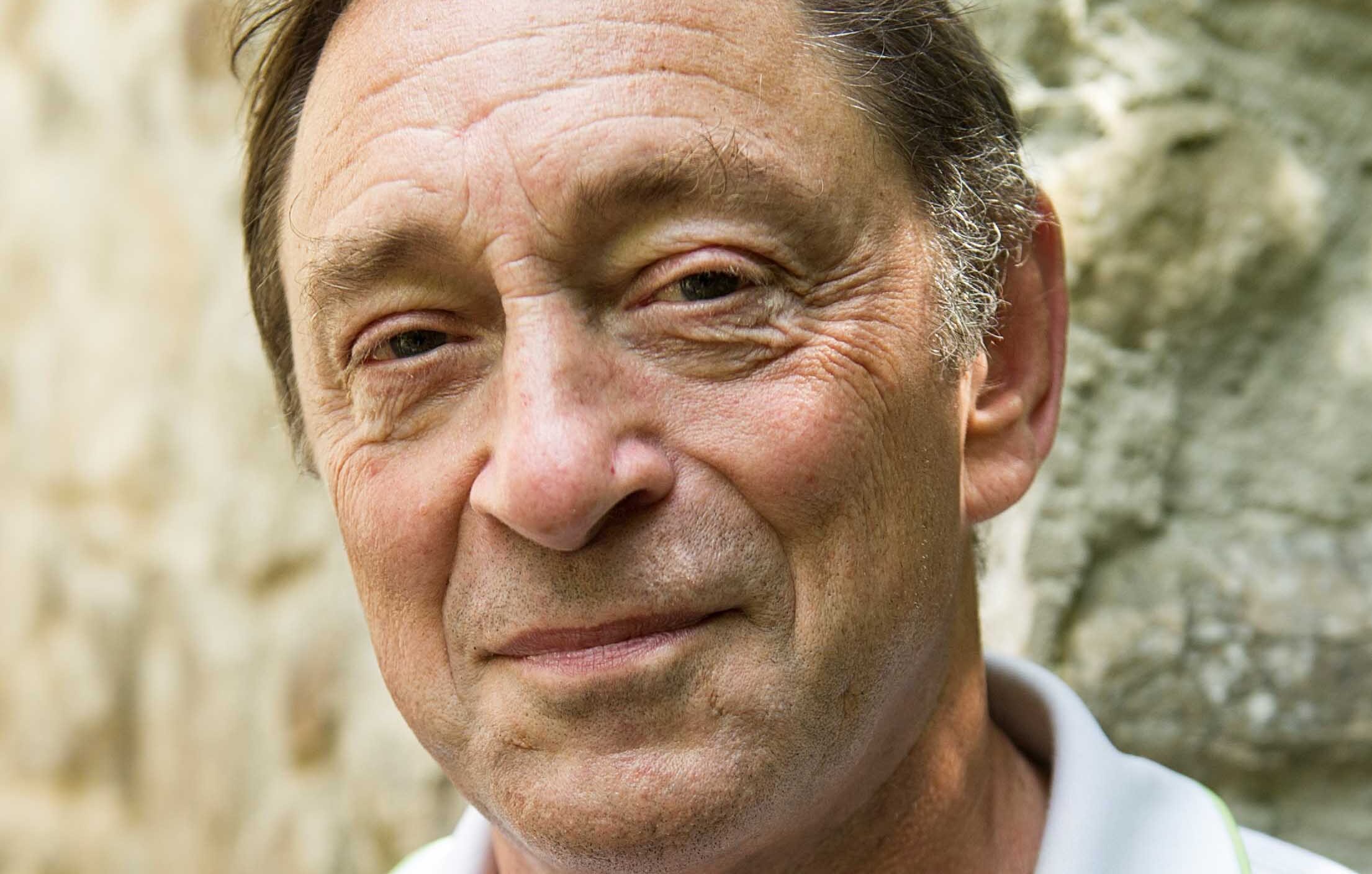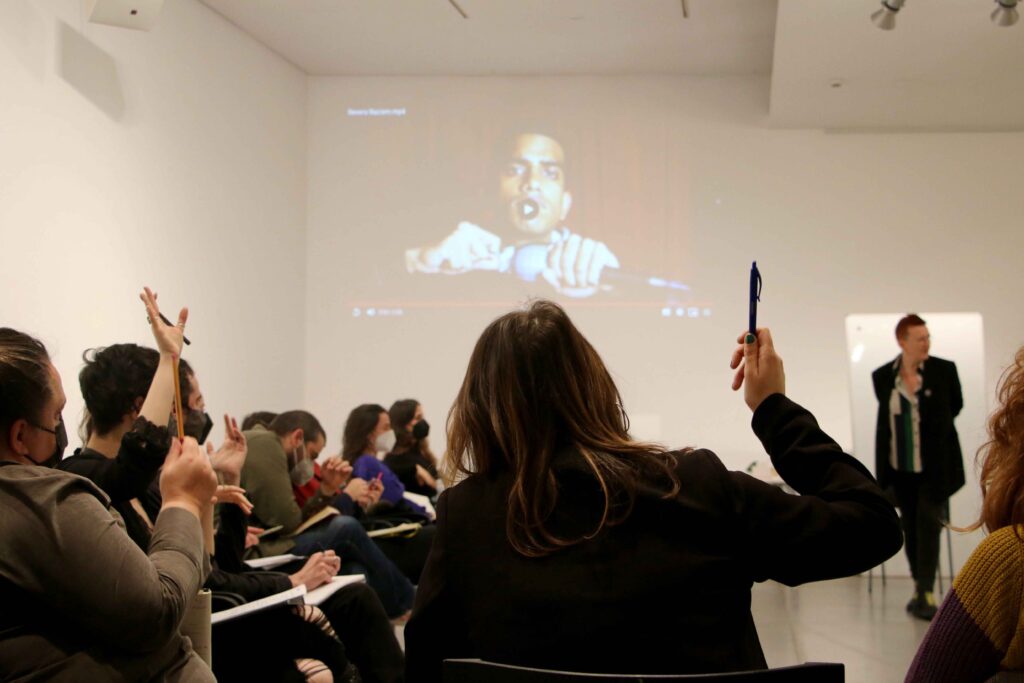The training programme will follow a learning methodology that combines theory, practice, research, reflection and critical thinking. It is structured in 5 training phases (thematic modules), which can be carried out jointly (recommended given their transversality and interconnection), although it is also possible to register and take part in either of the modules independently. In turn, each module will be deployed in two phases, with the following training objectives:
Phase 1: Analyse and contextualise. Analyse, study in depth and debate about the key concepts that make up the different themes in each module, position oneself in the social and cultural context and analyse forms of intervention in different contexts through working collaboratively.
Phase 2: Research and intervene. Approach research processes via experimentation, creation, production and use of tools and materials. Work will be done in relation to the contents of each module with an objective linked to the possibilities of action, through the development of methodologies, techniques and artistic and cultural processes capable of actively influencing social transformations.
Activities in phase 1: Analyse and contextualise
M1 Conferences, screenings and documentation. The conferences have been set up as spaces for the dissemination of content, as well as for the definition and proposal of theoretical and conceptual frameworks, while also integrating encounters and conversation with participants in order to encourage work based on reflection, debate and the exchange of knowledge. A programme of audiovisual screenings will be developed and complementary documentation will be provided in order to delve deeper into the various themes and processes.
M2 Seminars. Through the seminars, the theoretical and conceptual frameworks developed during the conferences will be expanded upon, and spaces for analysis and in-depth critical reflection will be generated by speakers and teachers in order to address the various matters from different perspectives.
M3 Round tables. Meeting points and collective work spaces for exploring the contents that will be worked on, in order to develop ideas for research and reflection on methods and mechanisms of intervention and action. The round tables are set up as a place for dialogue and exchange of experiences and knowledge in a situated thematic sphere.
Activities in phase 2: Research and intervene
M4 Research processes. In a work context that has its starting point in the research of the methods and mechanisms of intervention and transformation of the reality that is being analysed, this module will address the process of identification and delimitation of the field of research and specific aspects of the research, as well as the formulation of the final objective of the research process prior to the Laboratory and planning of work.
M5 Laboratory. A space for research, creation and production structured around cooperative and collaborative work processes, from which discursive and artistic production, the capacity for expression and possible forms of action can emerge and be re-evaluated.
ASSESSMENT
Assessment will be continuous and training-based, carried out by means of two assessment systems:
AS1. Preparation of a final project/paper on each module, in which the participants will develop reflective proposals, conclusions, experiences or critical and self-critical evaluations in relation to the whole module.
AS2. Attendance to 80% of the entire programme.
SKILLS
General skills
GS1. Ability to carry out critical analysis of contemporary society.
GS2. Ability to rethink contemporary artistic and cultural practices based on their relation to other fields and disciplines, and from within multidisciplinary research environments.
GS3. Knowledge of artistic and cultural practice as an element of intervention and social transformation.
GS4. Understanding and integration of knowledge, both in one’s own specialisation and in other broader contexts.
GS5. Ability to work collectively and cooperatively in order to interpret, reflect on and analyse key issues in the contemporary world.
GS6. Ability to identify, interpret, criticise and work based on the complexity and plurality of contemporary art discourses.
Specific skills:
SS1. Ability to connect artistic practices with contexts and conceptual references in historical, social, contemporary critical thinking or theoretical spheres.
SS2. Ability to link contemporary culture and art debates with the key social problems of today.
SS3. Ability to develop one’s own professional artistic practice in unique contexts with a greater impact on society as a whole.
SS4. Ability to work cooperatively and collaboratively with professionals from other fields of knowledge, horizontally and in a network, based on sharing knowledge, production and experiences.
SS5. Ability to develop research processes, including the delimitation of the field of research, the formulation of the final objective, the development of the methodology and the planning of field work.
SS 6. Capacity for experimentation and creative innovation, based on interdisciplinarity and dialogue with other contexts, disciplines and citizen networks.
SS 7. Ability to develop cultural and artistic projects, from the initial phases to their production and promotion.
LEARNING OUTCOMES
At the end of the programme, participants will have a greater knowledge of how to work based on culture and artistic practices as key elements for social transformation. Specifically, they will achieve the following objectives and learning outcomes:
1) Develop strategies to critically analyse and give visibility to issues and concepts related to many of the uncertainties generated by the systemic crisis in which we are immersed, as well as activating community and social intervention spaces to deal with said issues.
2) Work collectively with people from different disciplines, through innovative and plural forms of work that generate action and mediation.
3) Analyse artistic practices that promote new forms and dynamics capable of connecting contemporary artistic and social processes.
4) Identify and interpret the conceptual and artistic tools that can contribute to the development of projects located within the framework of broad social processes, and that have the capacity to influence the reality of the contemporary world.
5) Develop research projects that require us to come together and understand different contexts, activate active listening, connections and negotiation with different agents.
6) Develop tools for specific analysis and reflection on the various creative mediums.
7) Interrelate different media in the processes of experimentation and artistic creation.
8) Become familiar with institutions, museums and art centres, and understand their relation to and influence on contemporary social and political realities.
